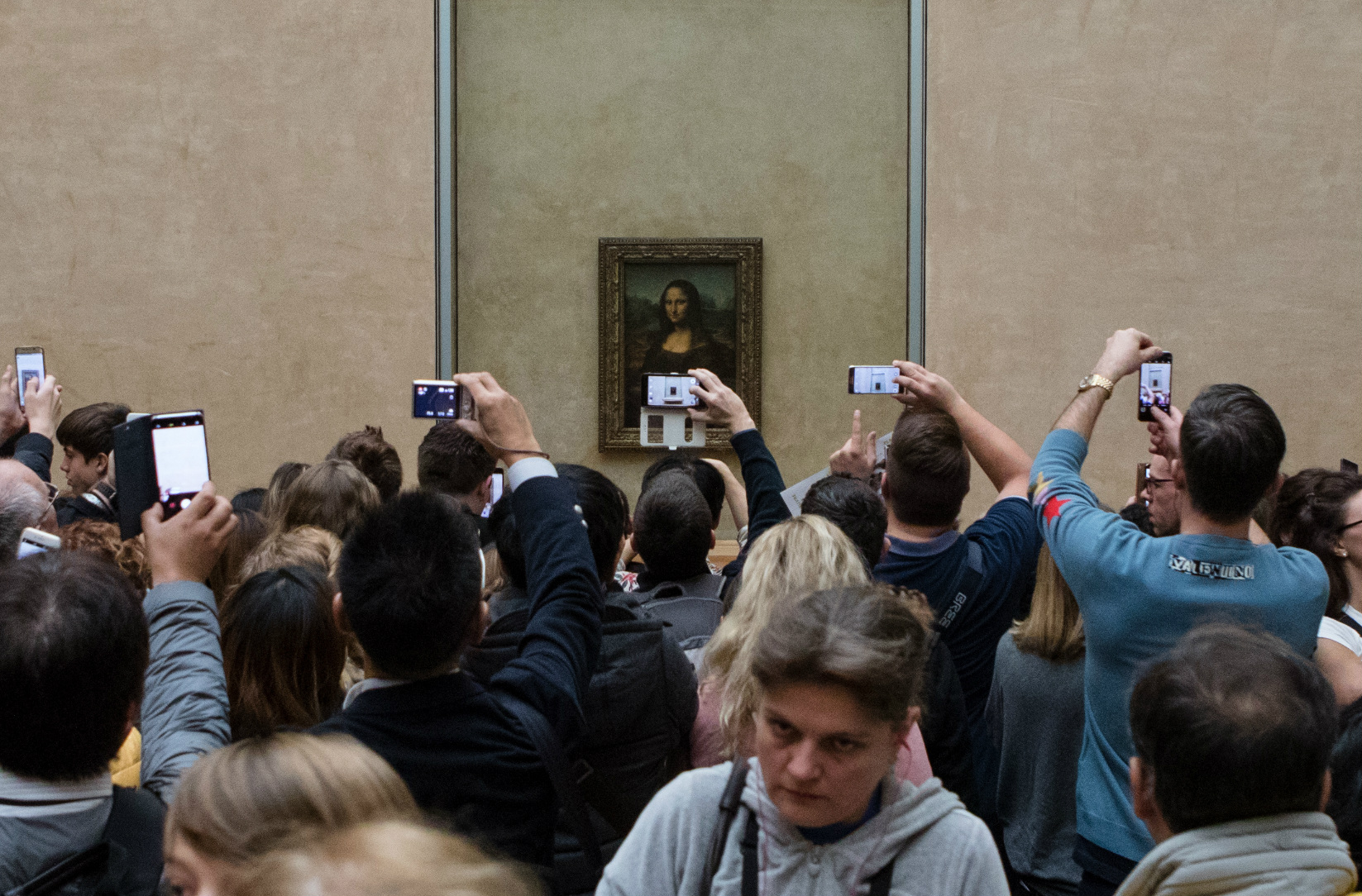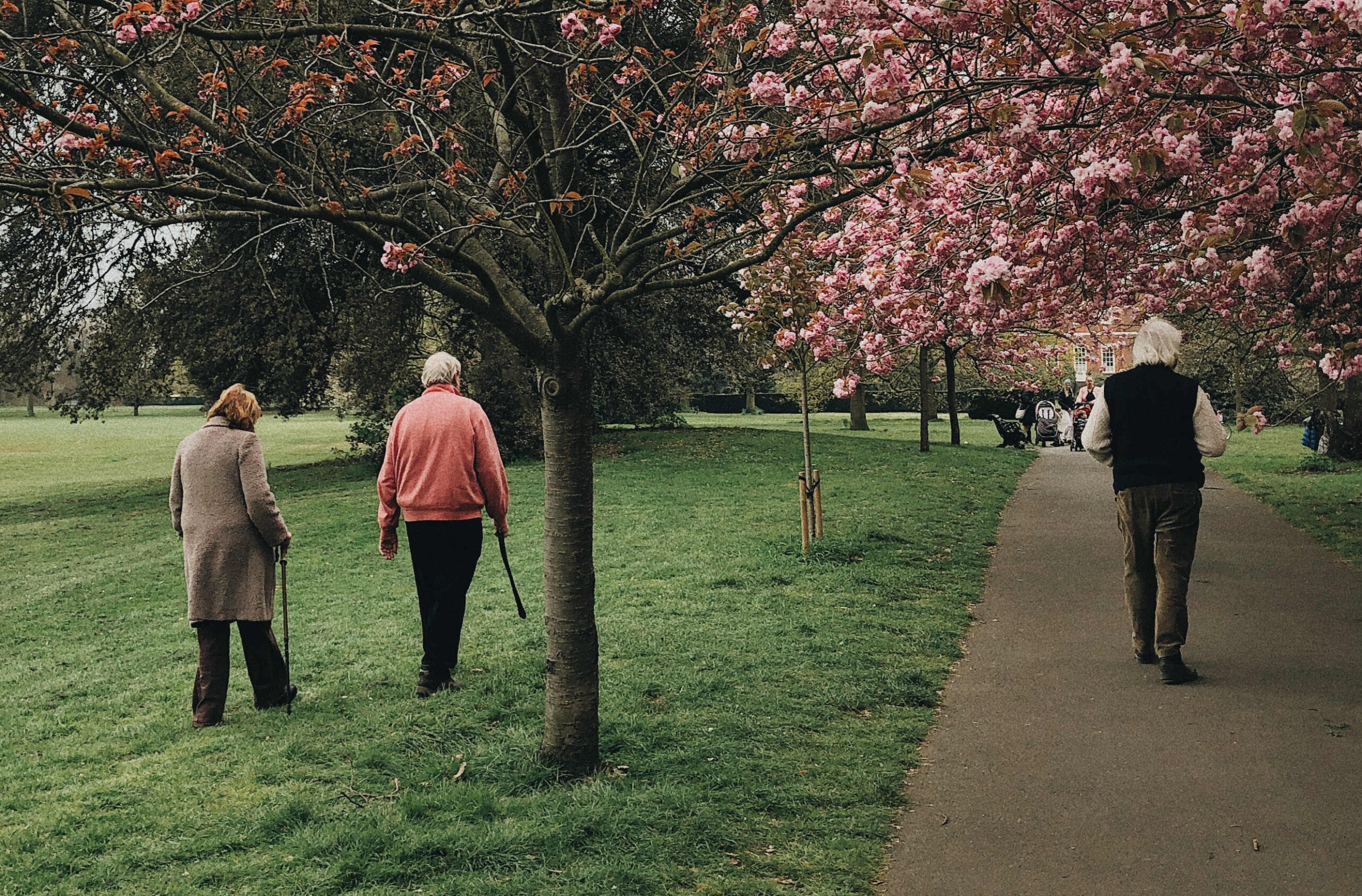Global Wellness Institute Releases Major Study: Move To Be Well: The Global Economy of Physical Activity The Global Wellness Institute just released the very first research report on the entire six-sector physical activity market, which is valued at $828 billion—and forecast to reach $1.1 trillion by 2023. ACCESS THE FULL REPORT HERE READ KEY FINDINGS HERE The study features all-new data and trends analysis for these key…





























































